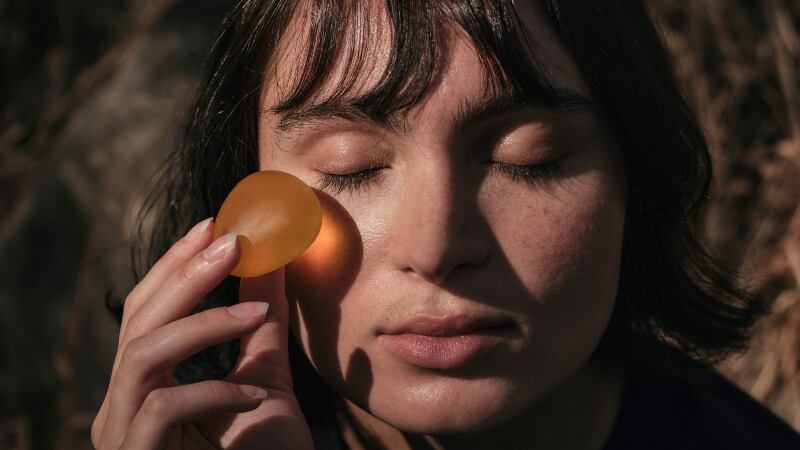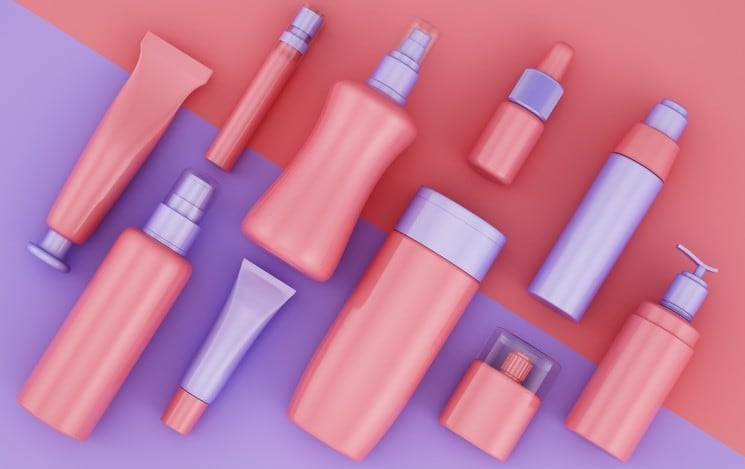After two years of development, ReMI Beauty launched in November last year with the objective of creating solid beauty products that are good for self and the planet.
“We were concerned with the amount of plastic waste in our daily skin care routine. In this day and age where we are sending people to space, it didn’t feel right that there wasn’t more radical innovation in the industry. There are some efforts, but there just wasn’t something that is truly sustainable and meets what many of us look for in skin care,” Kiyoung Sung, co-founder of ReMI Beauty, told CosmeticsDesign-Asia.
However, Sung admitted that delving into solid beauty comes with its own set of challenges.
These include lengthy product development processes, as data on solid formulations are lesser than research that has been done for liquid formulations.
Manufacturing costs are also comparatively higher due to several reasons, including a smaller pool of ingredients that the brand can work with.
“There are limited choices when it comes to ingredients. Hyaluronic acid, for example, is something that we want to incorporate, but there aren’t many oil-based acids in the market. And because we want to use high-quality ingredients, that raises the costs even more. We hope that there will be more ingredients available for solid formats like ours.
According to Sung, another component that drives up costs is the packaging. In fact, she claimed that paper boxes are more costly than plastic bottles.
“Solid beauty is a premium category because the costs are high. We want our products to be accessible for everyone who chooses to make a sustainable choice, so we’re continuously learning and trying to make them more affordable.”
Converting consumers
Another hurdle that lies in the way for solid beauty is consumer adoption.
“Most people are used to using liquid-based products. Solid cosmetics are a very different format that consumers need education on. The most common questions we get are ‘Will it work?’ and ‘How does it feel?’.
“In this case, we focus on telling the story of our ingredients — Australian botanicals that local consumers have long heard of and trust, and bioactives that are clinically proven to be effective. This shows that our products are not something so unfamiliar after all. We believe when people try [the products] and experience the benefits for themselves, they would be willing to pay for quality,” Sung said.
ReMI Beauty’s Moisturiser Stone is a four-in-one product that functions as a moisturiser, eye cream, face oil, and lip conditioner. Users are recommended to glide the stone across the face and neck, and use it as a gua sha tool.
The Day Moisturiser Stone is formulated with a combination of native botanicals such as Kakadu plum oil, white cypress oil and sandalwood oil, and active ingredients like BLUE Oléoactif and L22 lipid complex.
Similarly, the Night Moisturiser Stone contains a mix of locally sourced ingredients such as Wattleseed extract, and bioactives including Biome Oléoactif and alpha-bisabolol.
“Instead of four products, you just have to buy one. And because it is so concentrated, only a small amount is needed each time. Even with daily usage, it can last a minimum of two to three months. Besides cost savings, consumers also contribute towards reduction of plastic use and waste.”
Nevertheless, Sung recognised that not all consumers would compromise the sensory aspects for sustainability.
“We realised that [our products] are not going to be for everyone. It’s about engaging consumers and understanding who we appeal to. There will be people who want innovations and who are more adventurous [to try a new format].
“We’ve also seen another group of consumers who are drawn by our brand story and aesthetics. Hopefully, as people get more informed and solid skin care becomes more prevalent in different formats, the take-up rate would increase.”
Primed for growth
Despite plans to develop cleansers and other skin care essentials, the brand intends to keep its portfolio “tight and minimalist”.
“Hair care is potentially an area we can explore, as the solid format is more established in this category — consumers are familiar with shampoo and conditioner bars.
“In fact, the format can be applied across all categories. We’re seeing more solid fragrances, which last a long time and are very travel-friendly. We’re also seeing more waterless formats, such as tablet and powder. We believe this niche market will continue to grow.”
At the same time, ReMI Beauty has begun exploring retail options.
“We primarily sell via e-commerce, but now, we are looking at letting consumers try, smell and feel our products. We will start with boutique and independent stores that focus on skin care, before knocking on the door of bigger retailers.”
The brand currently ships within Australia, and to New Zealand and the US, with a “big goal” of further overseas expansion in the future.
“Australian luxury cosmetics will remain of interest to people around the world, like what we are seeing with Aesop. We hope to spread our wings as well, but our aim is to create products of value and quality before going big.”



